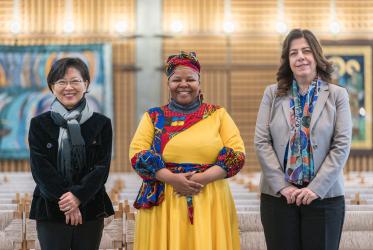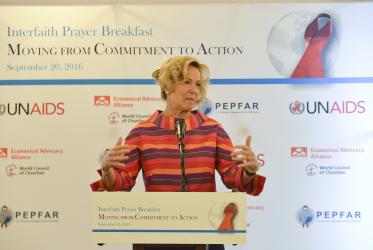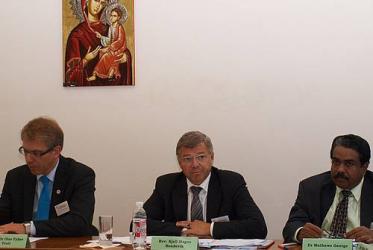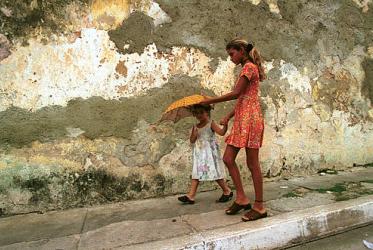Displaying 1 - 14 of 14
08 March 2024
WCC submits comments on draft UN “Pact for the Future”
12 February 2024
Churches should use their voice on climate change
26 February 2020
CCIA meets in Brisbane with focus on Pacific regional priorities
19 February 2020
Faith-based groups bring hope for a fast-track HIV response
20 September 2016






